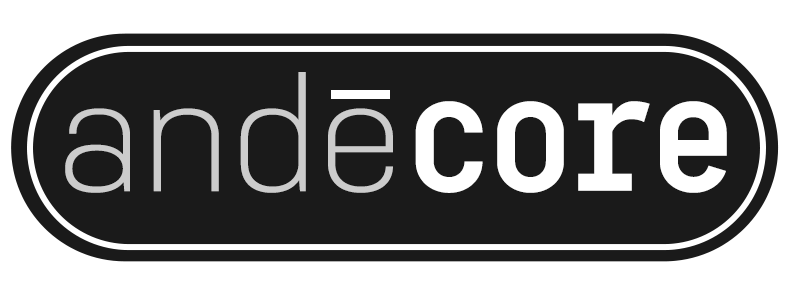“Strategy is about making choices, trade-offs; it’s about deliberately choosing to be different.” -Michael Porter
“Without strategy, execution is aimless. Without execution, strategy is useless.”
-Morris Chang

“Twenty years from now, you will be more disappointed by the things that you didn’t do than by the ones you did do, so throw off the bowlines, sail away from safe harbor, catch the trade winds in your sails. Explore, Dream, Discover.”
-Mark Twain
Strategy
In Monopoly most people cannot wait to get to blue side of the board. Everyone wants to own Boardwalk and Park Place because they are the most expensive. Have you ever played with someone who spent all their money loading houses onto Boardwalk only for not ONE person to land on it? This tends to happen because most of us just think in terms of high and low. Boardwalk and Park Place are the highest properties on the board, therefore they will earn us the most, right? Not at all.
When we think about strategy, the word is becoming so commonplace, but still so misunderstood. Typically, strategy is used in Chess or in Battle. We have a sense of what it means but tend to think unless we are capturing the queen, strategy isn’t really important to our small dry cleaning business, concession stand, or online apparel shop. When in fact, strategy is key in all of these situations. Right down to racking up all the bucks in a “friendly” game of monopoly.
So, what is it?
While there are several definitions of “strategy” the most below is the most pertinent to our discussion.
a : a careful plan or method : a clever stratagemb : the art of devising or employing plans or stratagems toward a goal
Strategy before anything else is about planning. It simply means taking time to consider the environment, the conditions, the variables at play, then making a decision to act accordingly. Specific to our Monopoly example that would mean, watching the board through turn of play. Where are your opponents landing most often? Pay attention to the properties your opponents seem most interested in. Not simply to buy it (although if the property is hot, please do) but to gauge how they are thinking and sum up their game plan. Are they playing strategically or off the cuff? Are they spending out more money than they are taking in? How can you capitalize on their style of play?
If you are running an online apparel shop, what sets you apart from the millions of other t-shirt companies online? What about your cleaners is unique? Why should I buy your hot dog from your concession stand? When you look at larger companies, Disney, for example, how do they benefit from recent moves such as purchasing Fox? What is the “strategy” behind such an acquisition? Take Netflix, as a practice, Netflix rarely pays out dividends to their stockholders. What would be the benefit of such a practice? Why is this a strategic move?
Plan Accordingly
No matter the business you are in, you benefit from taking time to scan your business environment (paying attention to competitors, new technologies, and customers’ interests). Taking into account these factors allow you to make informed decision about your business. Big brands do well because they have more reach, however smaller brands have room to extend their profit margin because they usually offer an unique selling proposition (USP) which connects with customers in ways larger brands cannot.
Little Debbies are great at any concession stand, but everyone knows that Mrs. Sallie makes the best brownies in the county. Work with Mrs. Sallie to sell her brownies during football games.
Hallmark’s cleaners offers delivery service and one day turnaround. This makes their service much faster and more convenient than yours. What Hallmark doesn’t offer, however, is free hems and the cleanest, slickest crease this side of the Mississippi. How can you market to your target audience with these unique selling propositions?
You’ve noticed that every t-shirt shop you come across online offers sarcastic, cynical sayings that are very crude. You happen to be a nerd who loves Marvel, Sartre, and Spice 1, and so do your friends. There’s your market. While your target audience may be considered niche, niche markets tends be very brand loyal when they connect with brands that “get” them. Go. Find your tribe.
Don’t let small words with big meanings scare you away from executing on your ideas or your passions. Strategy is a measured approach to planning the best choices and decision from the information available. No matter what size your business or idea, you can certainly benefit from planning ahead.


